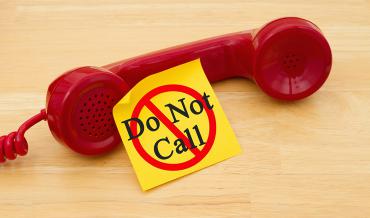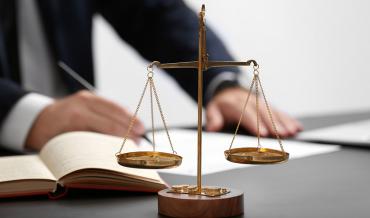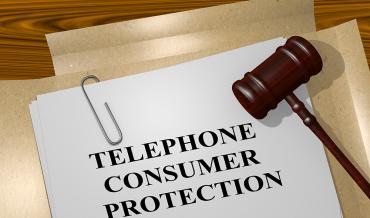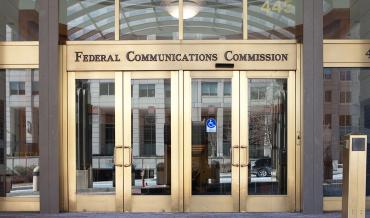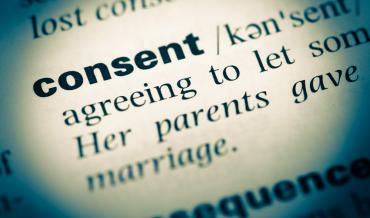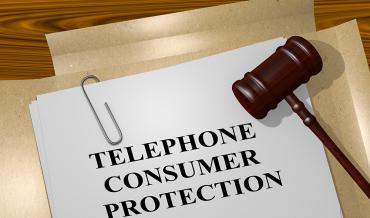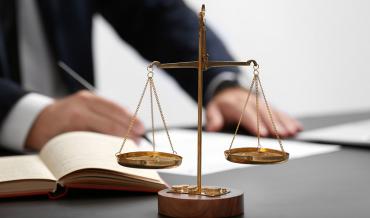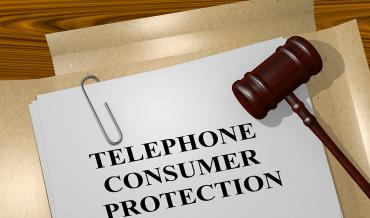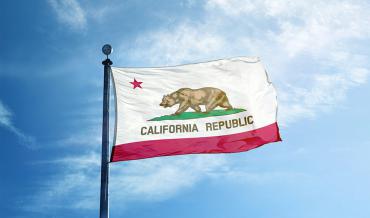Did you know that your neck could be on the line?
A new ruling in New York specifies that litigators can effectively go after well-intentioned individuals for TCPA violations, not just businesses. The ruling also extends prosecution beyond those who directly committed the violation. Anyone associated with the action, such as a supervisor or director could be held responsible.


